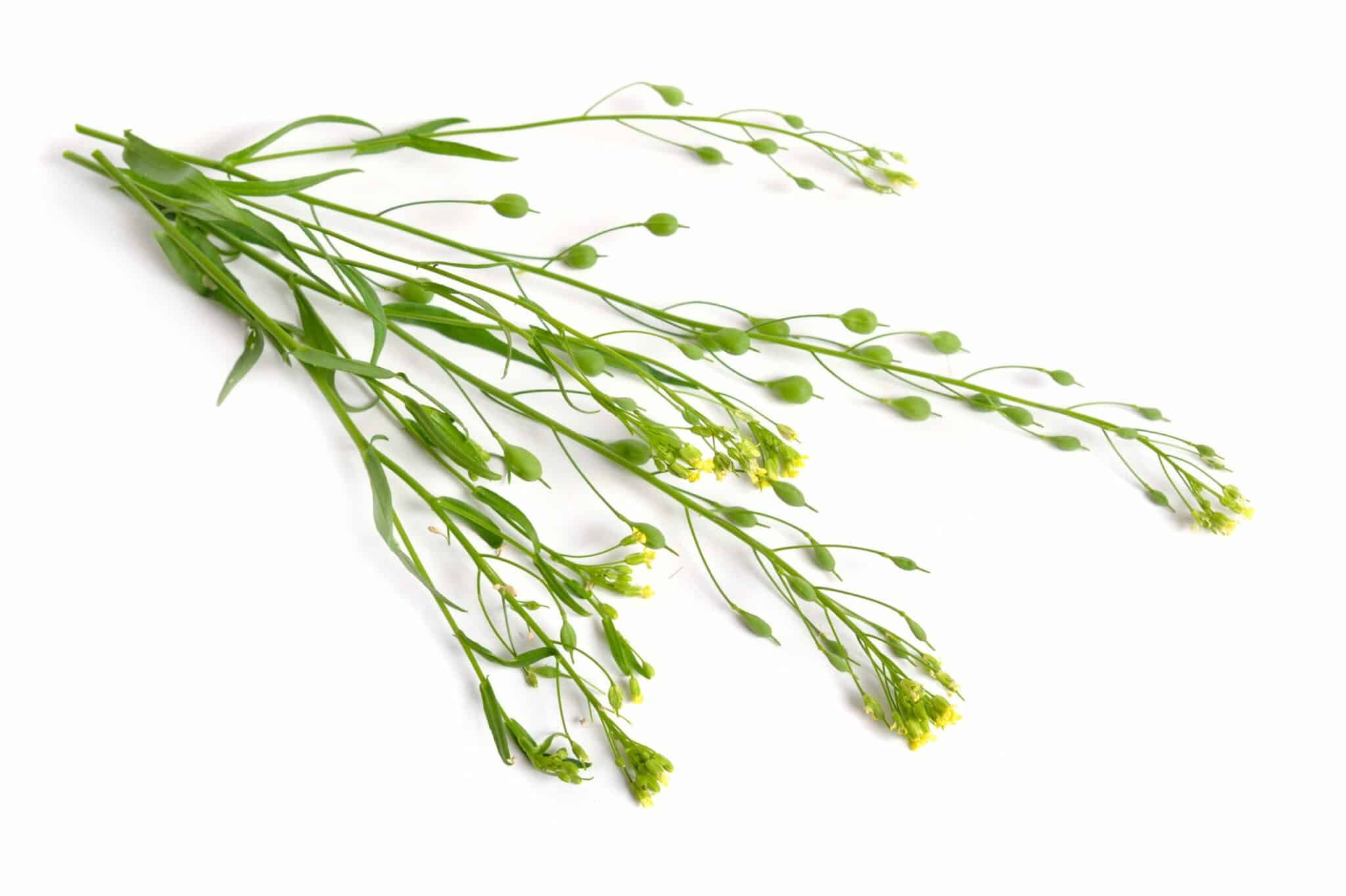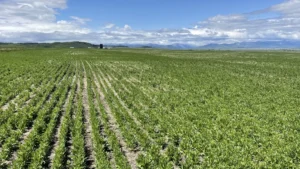Earlier this month, Yield10 Bioscience announced an open enrollment program targeted at growers for contract production of winter camelina. Farms in Montana, Idaho, southern Alberta and Saskatchewan are eligible to engage in the program.
In March, the total operable biofuels production capacity for ethanol, biodiesel and other biofuels reached in the U.S. was 21.022 billion gallons. With an increase in biofuel production capacity in the U.S. and Canada, camelina has become an interest in biofuels feedstock due to its higher oil yield and low carbon emissions.
“Our seed production team is offering farmers offtake production contracts for winter camelina with net returns similar to canola. Oil harvested under the program will be directed to offtake partners active in the renewable fuel market,” shared a release from Yield10 Bioscience.
Yield10 Bioscience is working to develop two varieties of winter camelina: WDH2 and WDH3. WDH2 is cold-tolerant and has been grown at multiacre scale in regions surrounding Saskatoon. WDH3 matures quicker and has been effectively grown in Idaho. Both lines have proven consistent seed yields.
“Farmers should select fields with low weed pressure and avoid areas with group 2 herbicide residues as camelina can show injury from these chemistries. Depending on geography, winter camelina should be planted in the timeframe of September to early October,” said the release.
Special equipment is not necessary to plant or harvest camelina, according to Yield10 Bioscience.
“We look forward to engaging with farmers to introduce the positive attributes of winter camelina and the role it could play as a cover crop and in crop rotations,” shared Darren Greenfield, senior director of seed operations. “Based on our fieldwork to date, I am confident that winter camelina will be a successful crop for growers in the U.S. and Canada, specifically within the regions of Montana, Idaho, Alberta, and Saskatchewan. Our efforts during this winter season will be our first steps toward partnering with farmers to drive adoption of this promising new oilseed crop.”
Yield10 Bioscience hopes to make camelina a profitable winter cover crop that is a low-carbon producer of feedstock oil for the biofuels market with the potential to decrease soil erosion, improve soil quality and lessen nutrient run-off from land utilized for row crop production.
Their commercialization plan for camelina addresses three markets: “Camelina oil for use as a biofuels feedstock oil; camelina meal for use in animal feed; and longer-term, PHA bioplastics produced in camelina for use as biodegradable plastic,” said the release.
Read More About Cover Crops:
Benefits of Cover Crops Extend to Dry Areas
Farmers Ask for More Data on Cover Crops
$3M Grant Funds Cover Crop Breeding for Organic Farmers
New Grant Will Help ISU Researchers Break New Ground with Perennial Cover Crops












